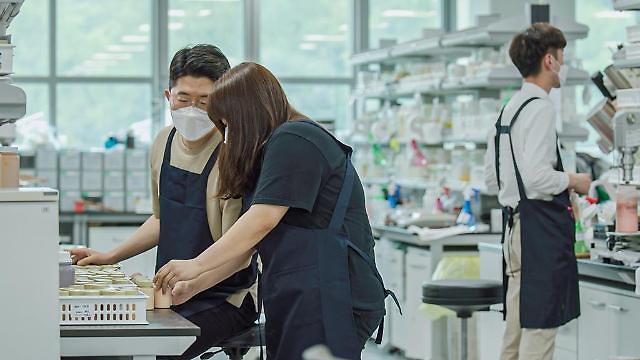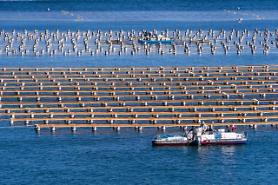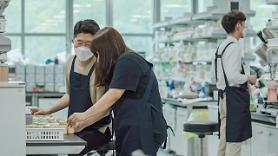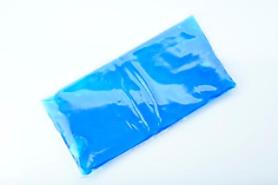
[Courtesy of Kolmar Korea]
Kolmar Korea, a beauty and cosmetics product maker, has developed a technology that replaces microplastics used in color cosmetics with silica, a natural substance Silicon dioxide (SiO2), also known as silica, which is an oxide of silicon commonly found in nature as quartz and in various living organisms.
Silica is used in structural materials, microelectronics, and as components in the food and pharmaceutical industries. Silica ingested orally is essentially nontoxic. When fine silica particles are inhaled in large enough quantities, it increases the risk of systemic autoimmune diseases.
Silica has the effect of controlling skin sebum secretion and pore management and prevents cosmetics components from clumping. Although researchers have tried to use silica as an alternative material due to its similarities to microplastics, commercialization has been limited due to the nature of absorbing a lot of oil.
Kolmar Korea said that its research team reduced oil absorption by more than 50 percent and increased applicability by reducing the size of pores on the silica surface. The company aims to launch products applied with silica in early 2023 and expand its application to basic cosmetics.
Microplastics can be released as small plastic particles, such as microbeads known as primary microplastics, or larger plastics from everyday items that break down over time into tiny pieces. A growing number of countries joined an international campaign to restrict the use of disposable plastic products. Scientists estimate that the ocean floor alone is now home to over 14 million tons of microplastics, which measure up to 5mm in size.
South Korea's beauty product market is undergoing a major shift from the conventional manufacturing market that uses plastics as the main packaging material to a market that is more eco-friendly by adopting biodegradable packages and products that contain zero microplastics.
In August 2021, Kolmar Korea partnered with Roots Lab, a domestic eco-friendly material maker, to develop cosmetics, toothpaste, and functional foods using stone cells that would replace microplastics. Stone cells or sclereids are plant cells normally found in fruits including Asian pears, apples, and guavas.
Copyright ⓒ Aju Press All rights reserved.



